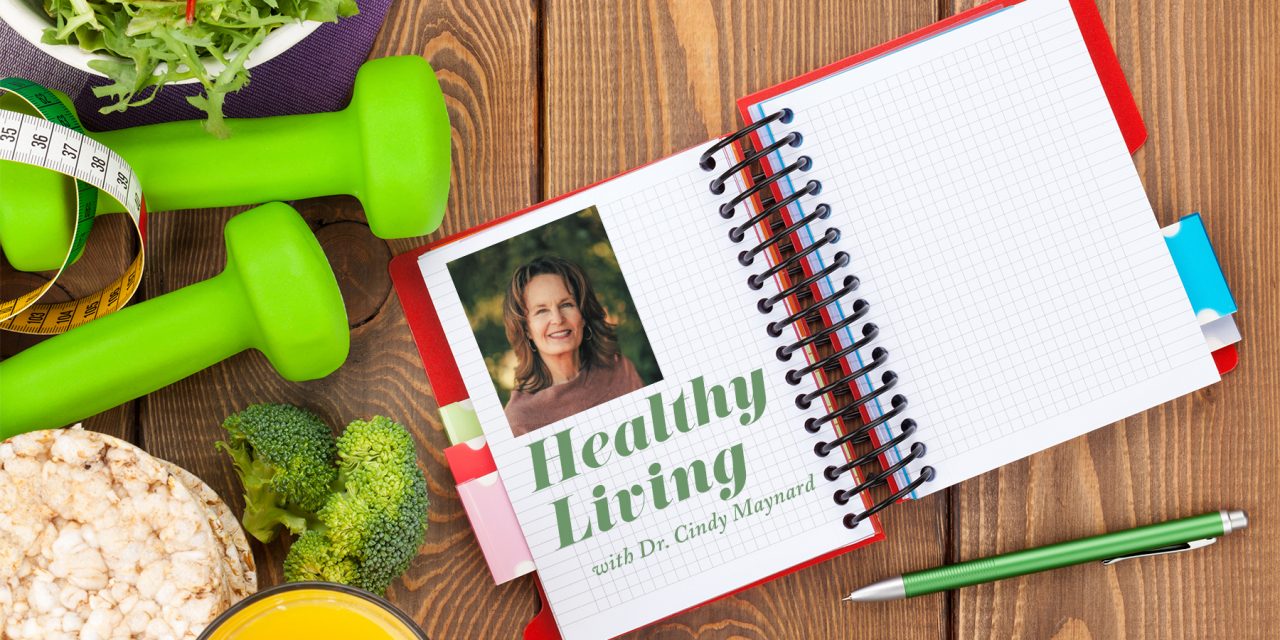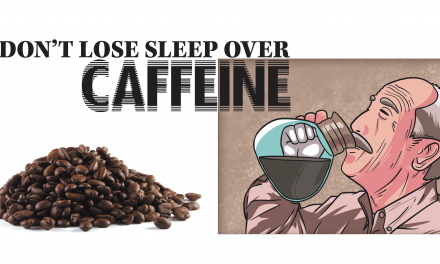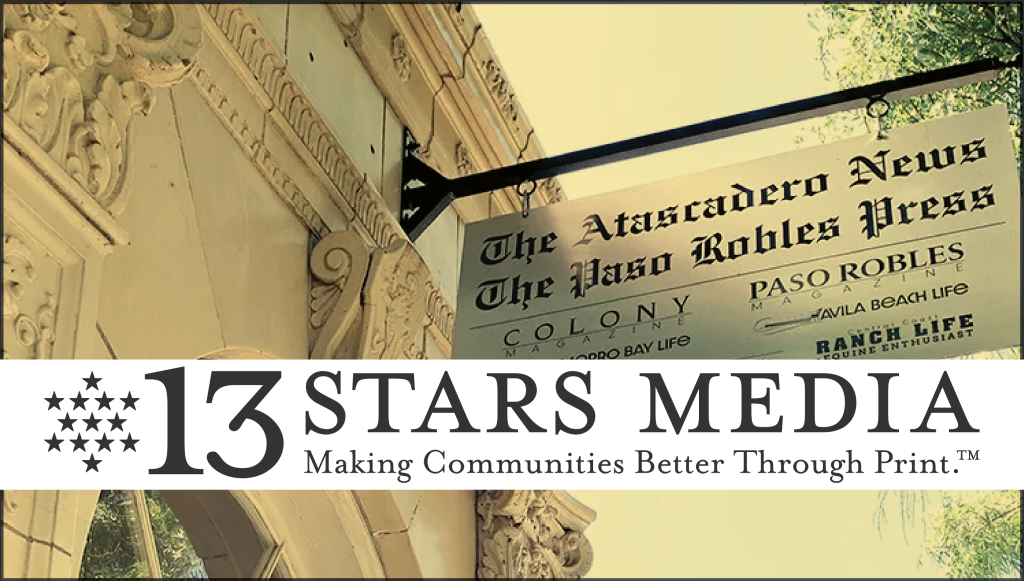“Vitamania” is running rampant in the country. They claim to cure everything from cancer to heart disease, promote stronger bones, lowered stress, reduced fat, increased muscle, and live a longer life. Hard to swallow?
According to the National Institute of Health, Americans spend approximately $30 billion a year on vitamin and mineral supplements. The list of claims seems nothing short of miracle drugs. More and more people are stock piling their cupboards with bottles of these little, amber-colored pills – in doses up to 20 to 30 times the RDA’s (Recommended Dietary Allowances).
How seriously should we take these claims?
NAVIGATING THE MAZE
Many adults agree, “all the information I see about vitamins confuses me.” Most don’t know what the major vitamins are, much less why we need them. It’s almost as bad as navigating the Net. But with a little nutrition savvy, it’s possible to discern myth from reality. Here are some of the major players:
Vitamins:
Vitamin D:
What It’s For: Called the “sunshine vitamin” because it’s manufactured in the skin with the help of the sun. Plays a major role in calcium metabolism and bone density.
Some Good Sources: Include eggs and dairy products fortified with vitamin D, fish liver oils, and fatty saltwater fish.
B complex vitamins:
What It’s For: Helps release energy from protein, fats, and carbohydrates during metabolism. Important for healing nerves and muscles.
Some Good Sources: Include whole grain and enriched cereals and breads, meats, dairy, legumes, and nuts.
Minerals:
Calcium:
What It’s Good For: Helps prevent or slow osteoporosis (frail bones). Helps make blood clot and delay fatigue by helping tired muscles recover.
Some Good Sources: Include milk and dairy products and leafy greens.
Iron:
What It’s Good For: Makes hemoglobin which carries oxygen to the cells.
Some Good Sources: Include red meat, liver, eggs, enriched grains and cereals, green leafy vegetables.
Antioxidants:
Vitamin A/ The Carotenoids:
What It’s Good For: Promotes healthy eyes and aids in the development of bones, glands, hair, nails, and skin. Needed for growth and reproduction.
Some Good Sources: Include liver, egg yolk, carrots, broccoli, tomatoes, red peppers, squash, and butter.
Vitamin C:
What It’s Good For: Plays a major role in the healing process. It helps repair tissue and can be beneficial for smokers and those taking oral contraceptives and steroids. It helps absorb iron and may help decrease the severity of infections and colds.
Some Good Sources: Include greens, broccoli, citrus, tomatoes, green peppers, cauliflower, kiwi, cantaloupe, and cabbage.
Vitamin E:
What It’s Good For: Has been shown to be effective in offering protection against heart disease and cancer. Helps form new red blood cells. It plays a role in boosting our immune system and reducing damage from illnesses such as AIDS and hepatitis.
Some Good Sources: Include vegetable oils, nuts, whole grains, and wheat germ oil.
SUPPLEMENTS: TAKE ‘EM OR LEAVE ‘EM?
Vitamins aren’t magic bullets. But it’s worth asking, “Am I getting enough?”
Frankly, it depends on what you eat, your age, sex, and your lifestyle. If you’re one of those who skip meals, grabs a donut for breakfast or fast food for lunch, drink soda instead of juice or milk, you may benefit from a one-a-day multivitamin/mineral supplement with 100% of the RDA. Mega-dosing is not necessary and can be harmful. Even if you take a supplement, still eat a lot of fresh fruits and vegetables for antioxidants, phytochemicals, and vitamins and minerals in their natural form. Food is still the best multivitamin of all.
For all their benefits, vitamins are not omnipotent. The real key to health simply isn’t found in any one pill. But a multivitamin combined with a balanced diet, a fitness program where you move your body, plus a positive attitude pack the best disease prevention wallop and still remain the best bet for longevity and health.
——
Cindy Maynard, Ph.D., RD, is a health psychologist, registered dietitian, and health and fitness writer. Dr. Maynard is passionate about the topic of health and wellness and motivating people towards better health. You can contact her at drcindymaynard@live.com.






